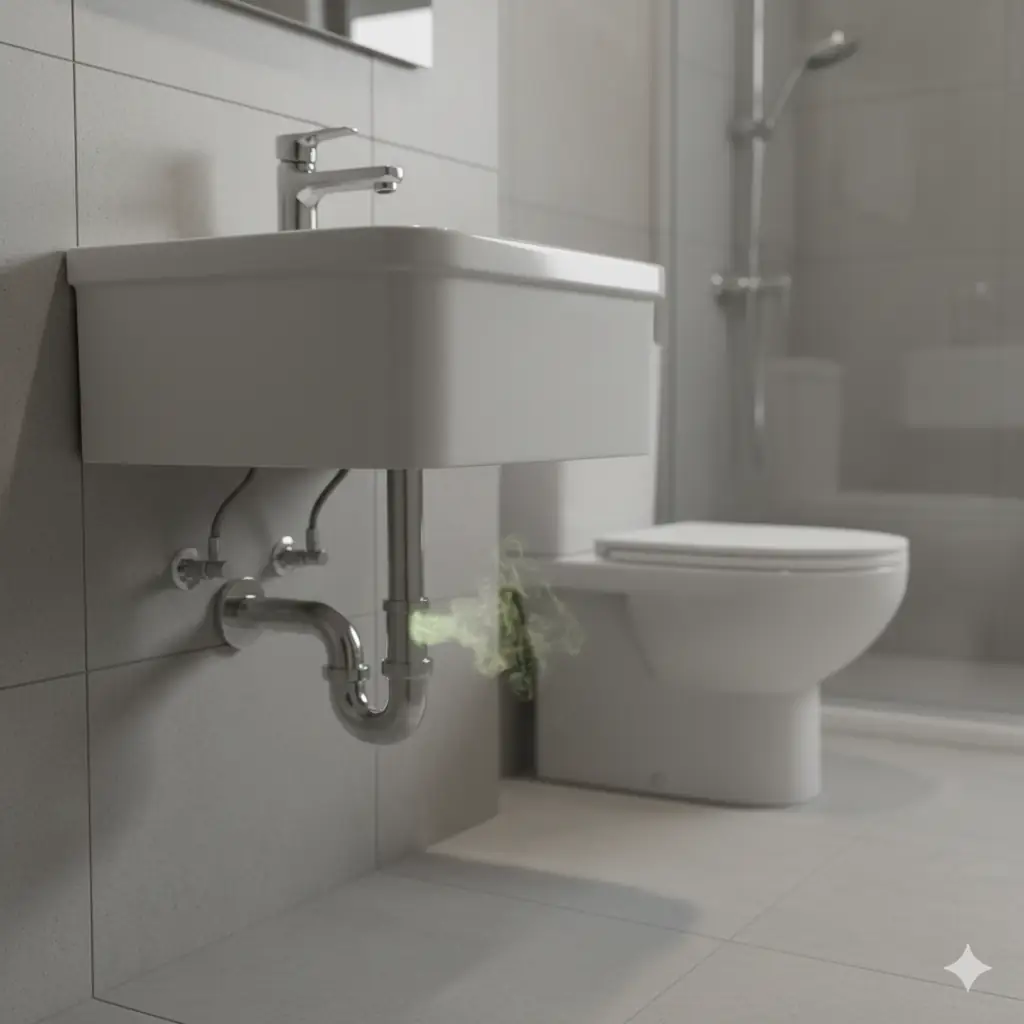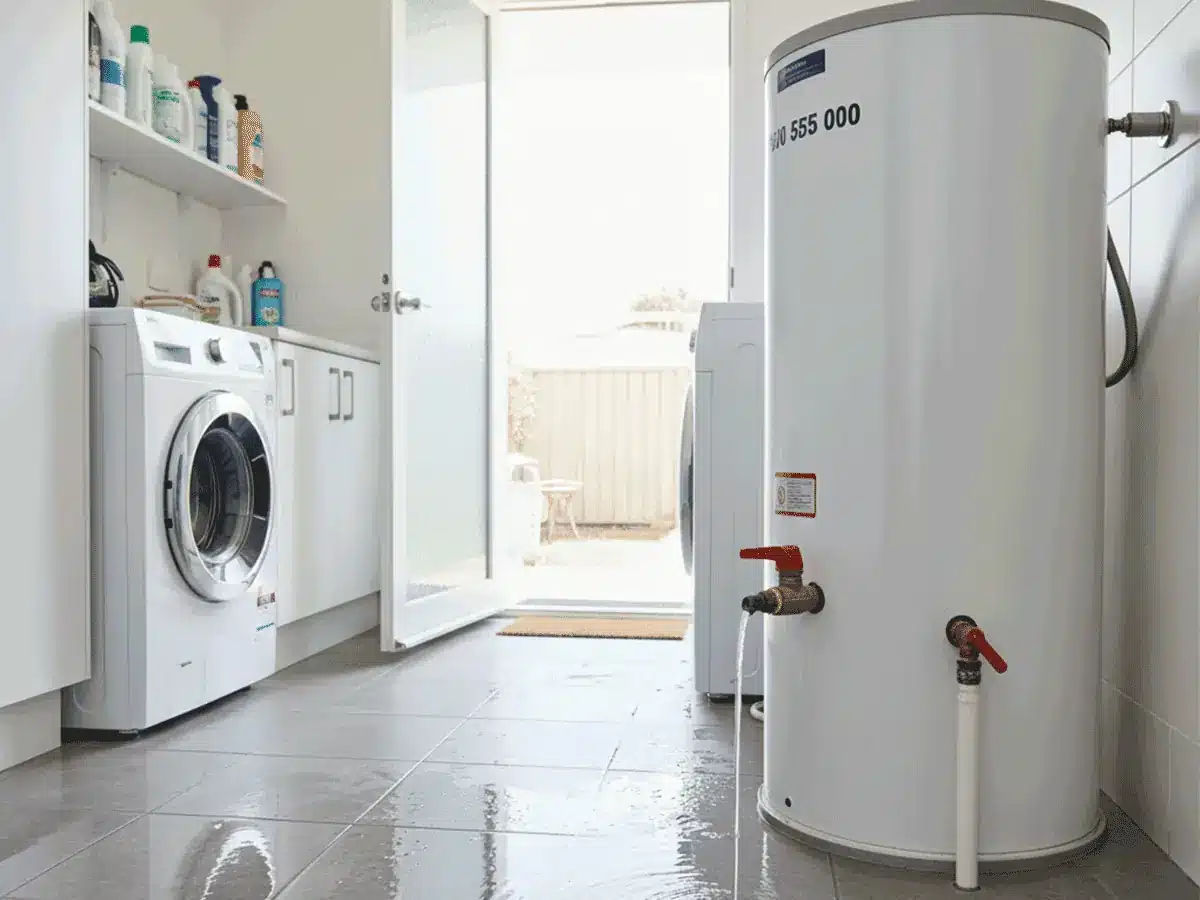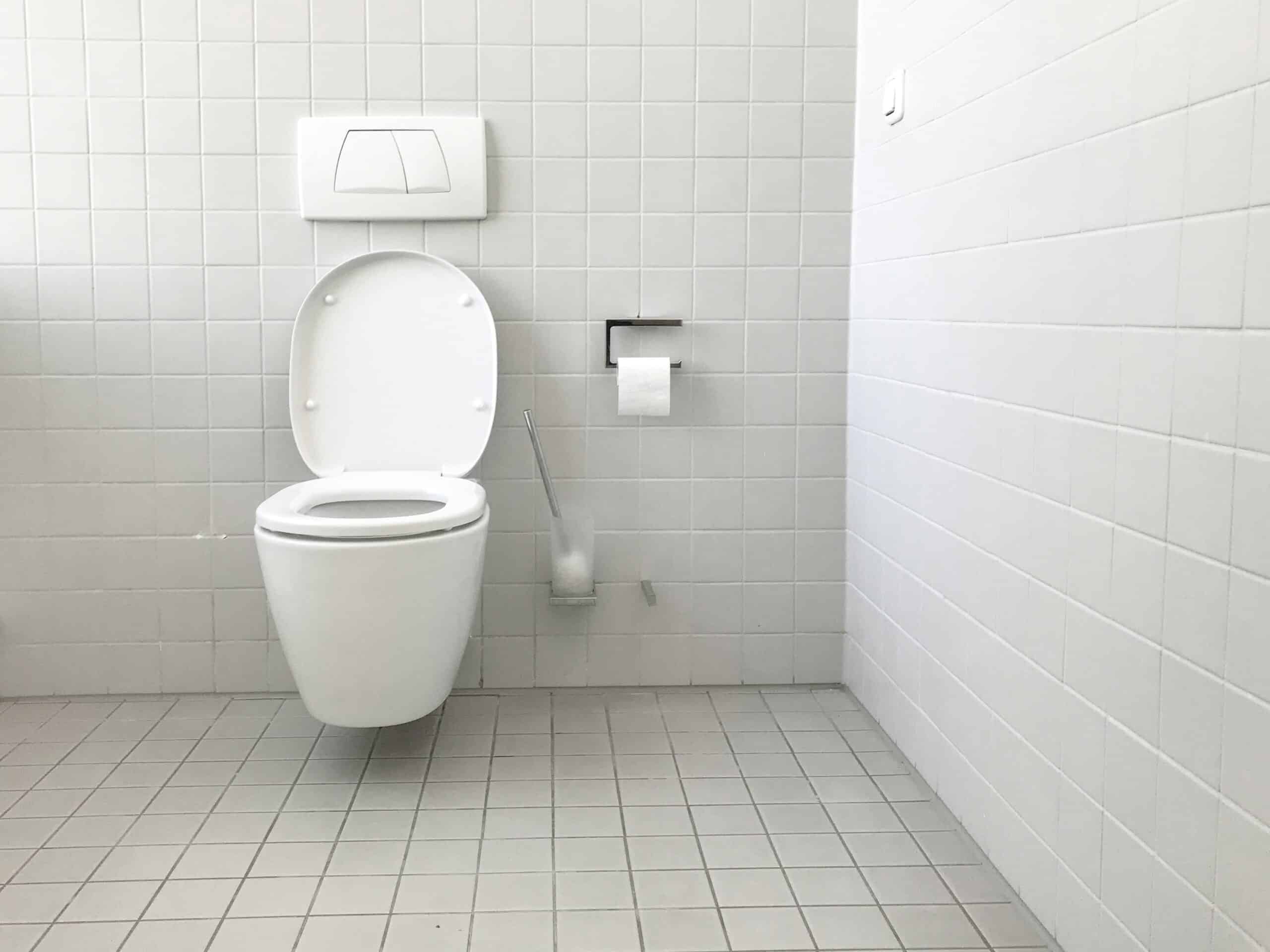There are few household problems more immediately unpleasant than the unmistakable smell of sewer gas. That pervasive, rotten-egg odour can make your bathroom, laundry, or even kitchen feel unsanitary, and it’s a sign that your home’s drainage system isn’t working as it should.
While a temporary bad smell might be simple to clear, a persistent sewer gas odour is your plumbing system sending a serious warning.
Here is a breakdown of the common causes, what you can do immediately, and when you need to call a plumber to investigate the source.
1. The Simple Causes: Missing Water Seals
Your home’s plumbing relies on a brilliant little mechanism called the P-trap—the curved section of pipe found under every sink, shower, and floor drain. This trap is designed to hold a small amount of water, which acts as an airtight barrier to block sewer gases from flowing back up into your home.
The most common reasons this seal fails are:
- Dry P-Trap (The Easiest Fix): In drains that aren’t used often (like a spare bathroom sink, laundry trough, or floor waste), the water barrier can simply evaporate.
- Worn-Out Toilet Wax Ring: The wax ring that seals the base of your toilet to the sewer pipe flange can degrade over time, allowing gas to escape directly into the room.
- Clogged Overflow: Sinks have a small overflow hole near the top. If this area collects gunk, it can emit a foul, stagnant odour that mimics sewer gas.
2. Serious Causes: Broken or Blocked Venting
If the smell persists after checking your P-traps, the problem is likely in the more complex parts of your plumbing system: the vent pipes. Your plumbing vents allow fresh air into the system and let foul sewer gases escape safely above your roofline.
If this system is compromised, gases are forced into your home instead:
- Blocked Vent Pipe: Leaves, debris, or bird nests can clog the vent pipe opening on your roof. This creates negative pressure in the pipes, sucking water out of your P-traps and allowing gases to escape indoors. This often causes loud gurgling sounds when a toilet flushes.
- Damaged or Cracked Sewer Pipe: A break, crack, or loose joint in the main drain line within your wall, under the floor, or underground can leak sewer gas directly into your home’s structure or foundation.
- Sewer Blockage Deep in the Line: A partial blockage, often caused by tree roots or large debris, can slow the flow and pressurize the gases behind it, forcing the smells through weak seals.
3. DIY Quick Fixes and Troubleshooting
Before calling a plumber, try these simple steps to eliminate the smell:
- Recharge the P-Traps: For any unused drains (floor waste, spare shower, spare sink), pour a large cup of water down the drain. Follow this with a few teaspoons of mineral oil or cooking oil to slow future evaporation.
- Clean the Overflow: Use a small brush or a bleach solution to clean the inside of the overflow hole in your sink basin.
- Check the Toilet Seal: Gently rock the toilet to see if it wobbles or if water seeps out around the base when you flush. If it moves, the wax seal is likely broken.
⚠️ Warning: Sewer gas (methane and hydrogen sulfide) is harmful and, in high concentrations, flammable. Do not use an open flame to try and find the source of the leak.
4. Signs It’s Time to Call a Plumber
If the smell comes back quickly, affects multiple rooms, or is accompanied by other symptoms, you need professional diagnosis.
- The Smell is Persistent: The odour returns within a few hours or days after refilling the P-traps.
- Multiple Fixtures Are Affected: Both a sink and a toilet, or an upstairs and downstairs bathroom, have a smell.
- Gurgling Sounds: You hear bubbling or gurgling noises coming from sinks, showers, or tubs when you flush the toilet.
- Slow Drainage: The smell coincides with drains running slower than normal.
These symptoms point toward a blocked or damaged vent stack or a sewer line fault—issues that require advanced tools like a CCTV drain camera to locate and fix without guesswork.
Final Word
A sewer gas smell is more than just an annoyance; it’s a health and safety signal from your home. While simple fixes can often resolve the issue, recurring or widespread odours demand the expertise of a licensed plumber to prevent deeper, costlier damage.
At ASAP Trades, we have the specialized equipment and 24/7 service to correctly diagnose and clear odours caused by blocked vents or damaged sewer lines. We’re Perth’s trusted team for fast, lasting results.




